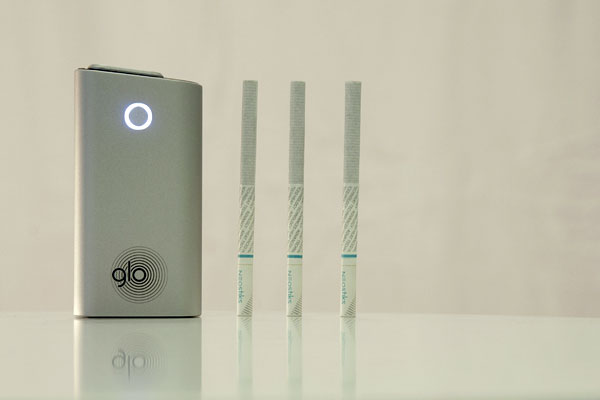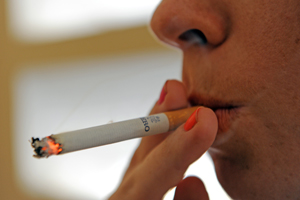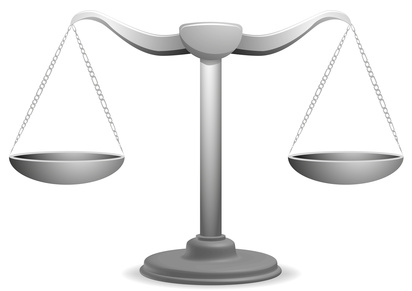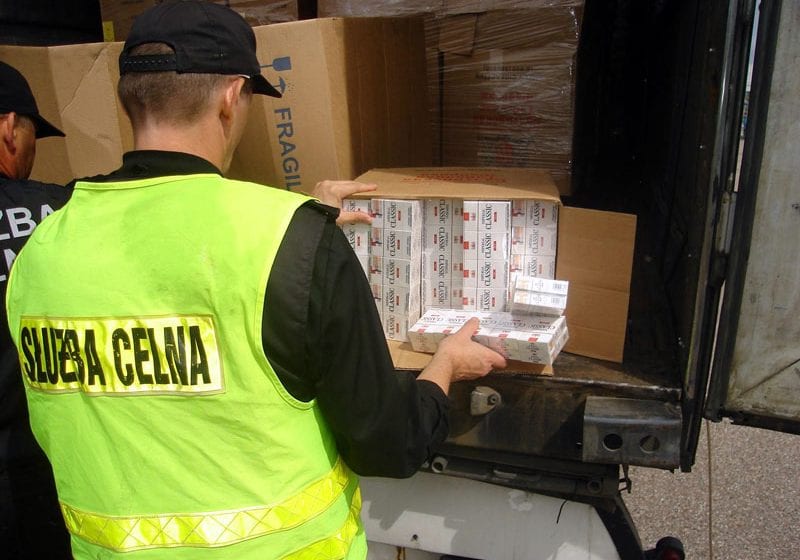Multinational tobacco companies are decrying what they see as South Korea’s policy inconsistency as lawmakers are poised to pass a revised bill to hike taxes on heat-not-burn (HNB) devices, according to a story in The Korea Times.
Philip Morris International Korea and British American Tobacco Korea said they had launched these smokeless cigarette devices in Korea believing that tax rates and other regulatory standards would remain unchanged for a considerable time.
PMI Korea began selling IQOS in May while BAT Korea introduced Glo this month. Twenty-piece packs of the devices’ consumable items, HEETs in the case of IQOS and Neostiks in the case of Glo, are currently priced at 4,300 won ($3.77).
A pack of 20 traditional tobacco cigarettes retails for 4,500 won.
The two companies argue that the National Assembly’s move to raise excise taxes levied on a pack of 20 HNB sticks from the current 126 won to 594 won is unfair and makes it difficult for them to do business in Korea. Smokers pay a 594 won excise tax when they buy a pack of traditional tobacco cigarettes.
They argue that consuming HNB sticks is less risky than is consuming traditional cigarettes; so it is not fair to impose the same level of taxes on both.
On Tuesday, the National Assembly Strategy and Finance Subcommittee passed a bill revision to increase the excise tax on HNB sticks to 594 won. And both ruling and opposition parties are expected to approve the revision in a plenary session later this month. The change would then go into effect in September.
The lawmakers are also considering a consumption tax and a health-promotion fee for HNB products, which would force PMI and BAT to raise the prices of HEETs and Neostiks to as high as 6,000 won a pack.









